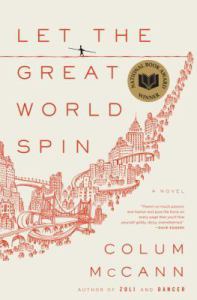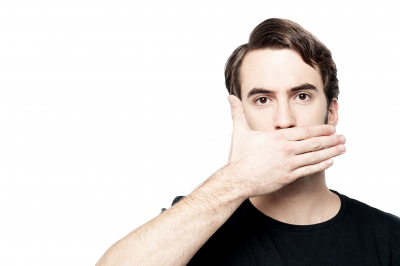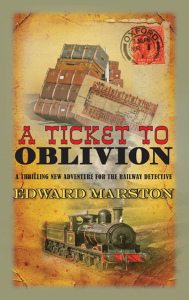
“We live in a world that assumes that the quality of a decision is directly related to the time and effort that went into making it…We believe that we are always better off gathering as much information as possible an depending as much time as possible in deliberation. We really only trust conscious decision making. But there are moments, particularly in times of stress, when haste does not make waste, when our snap judgments and first impressions can offer a much better means of making sense of the world. The first task of Blink is to convince you of a simple fact: decisions made very quickly can be every bit as good as decisions made cautiously and deliberately.”
Such is the goal of Blink: The Power of Thinking Without Thinking by Malcolm Gladwell, a book which questions whether or not we’re better off with our modern society that is over-saturated with information at every turn. At a first glance, the thesis that we may not need to expel as much time, energy, and knowledge to make decisions as we once thought is argued quiet well. Not only does Gladwell provide a plethora of examples to support his argument, but the examples themselves are also from numerous different fields of expertise and involve a variety of different contexts and subjects. From speed-dating and museum curation to soda recipes and even predicting divorce, Gladwell’s examples broadly range from traditional to completely unexpected. I appreciate writers that go the extra step to conduct genuinely interesting and rather unorthodox research for their works, and Gladwell certainly fits that category.
“The key to good decision making is not knowledge. It is understanding. We are swimming in the former. We are desperately lacking in the latter.”
I enjoyed this book immensely while reading it; however, the more I thought about Blink after I had turned the last page, the more I realized how many gaps Gladwell left open. I was left with more questions than answers: Can we really trust our gut instincts after all? How accurate and reliable is “thin-slicing” in actuality? How do we go about improving our ability to “thin-slice” effectively? Gladwell is an incredibly skilled writer– so skilled, in fact, that he can persuade the reader of an idea that isn’t even clearly explained. I admire his talent for writing, but I would admire it even more if he used it to convey something solid and understandable yet still comprehensive.
A significant portion of book was dedicated to solely discussing the Amadou Diallo shooting in 1999, which was interesting yet also seemed like an abrupt change of topic. Here he touches on the role that biases and prejudices play in our snap decisions, but he doesn’t emphasize it nearly as much as I thought he would (or should have). In light of the heated discussions of police brutality happening across the United States recently, I thought Gladwell treated this topic a little too lightly for my taste (though I understand that this book was first published in 2005, over a decade ago). His decision to use a shooting as yet another example in this book is problematic in my eyes– considering Gladwell’s theory is mostly conjecture, the fact that he is confident enough to apply it to someone’s death strikes me as misleading.
Overall, Blink is a fascinating book that provides the reader with much to think about in regard to decision-making and our current information-driven culture. Although I’m not sure that Gladwell ultimately convinced me of his argument, I nevertheless think this is a valuable, interesting, and worthwhile read.
What are your thoughts on Blink? Are there any other books by Malcolm Gladwell that you would recommend? Let me know in the comments section below!
Yours,
HOLLY
Advertisements Share this:




